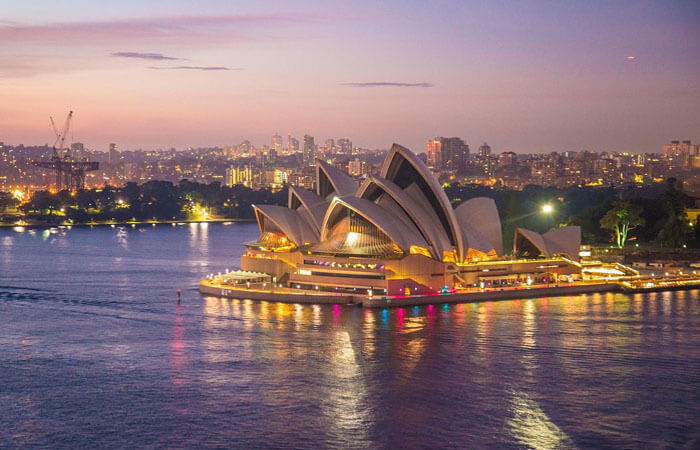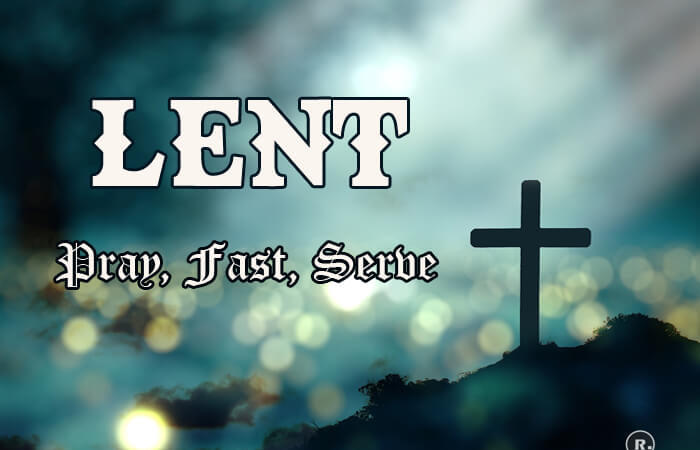Pentecost Sunday – May 19

Pentecost Sunday is the Feast that the Catholic Church commemorates the descent of the Holy Spirit upon the twelve Apostles of Christ. Pentecost is celebrated seven weeks or 50 days after Easter Sunday. Pentecost always falls on the tenth day after Ascension Thursday.
Pentecost (Whitsunday, Whit Sunday, Whitsun, or Whitsuntide, in some traditions) is described as the “Birthday of the Church” since the Holy Spirit descended upon the twelve Apostles and they were commissioned to go and preach the good news of Christ to the four corners of the world.
The word Pentecost is from the Greek word “pentekostos” and it’s a translation of the word “fifty” or “fiftieth” day. It is celebrated fifty days after Easter. It was significant to ancient Israel for it was the “Feast of First Fruits” called Shavuot. Those 50 days are seven Sundays after Easter, so Pentecost is the seventh Sunday after Easter (7 weeks times 7 days = 49 days, plus Pentecost Sunday).
Since Easter is a “movable feast,” meaning that it occurs on different days in different years (it is tied to the lunar cycle while the calendar is solar-based), Pentecost is also moveable. It can occur as early as May 10 and as late as June 13 (see The Church Year for current dates).
Some Christian traditions, Eastern Orthodox, for example, use a different religious calendar and so have different dates for much of the Christian Year. In Eastern church traditions, Pentecost can also refer to the entire fifty days between Easter and Pentecost.
In 2025 Pentecost Sunday will be celebrated on June 15th.
Origin of Pentecost?
Pentecost had a lengthy history and has its origin in Judaism. Known in Hebrew as Shavuot (the Feast of Weeks), it originated as the wheat harvest festival, occurring seven weeks after the barley harvest festival, Pesach (Passover). Jewish faithful from across the ancient world journeyed to Jerusalem to offer the first harvested wheat sheaves at the Temple.
The Acts of the Apostles recount the story of the original Pentecost (Acts 2). Jews from all over were gathered in Jerusalem to celebrate the Jewish feast. On that Sunday, ten days after the Ascension of Our Lord, the Apostles and the Blessed Virgin Mary were gathered in the Upper Room, where they had seen Christ after His Resurrection: “
And suddenly there came a sound from heaven, as of a mighty wind coming, and it filled the whole house where they were sitting. And there appeared to them parted tongues as it were of fire, and it sat upon every one of them: And they were all filled with the Holy Ghost, and they began to speak with diverse tongues, according to as the Holy Spirit gave them to speak.” [Acts 2:2-4]
Christ had promised His Apostles that He would send His Holy Spirit, and, on Pentecost, they were granted the gifts of the Spirit. The Apostles began to preach the Gospel in all of the languages that the Jews who were gathered there spoke, and about 3,000 people were converted and baptized that day.
The Significance of Pentecost
If the average person were to be asked about the main events on the Christian calendar, they would probably immediately think of Christmas and Easter. Alongside these two holidays, however, it is difficult to think of many days that hold more spiritual significance than Pentecost Sunday. On Pentecost Sunday, we appreciate the amazing move of God that took place on the Day of Pentecost.
The Day of Pentecost stands as a prophesied ‘landmark’ for the beginning of the New Covenant and as a sign of the birth of the Gentile church. Just as importantly, in celebrating Pentecost Sunday each year, we remind ourselves that the same empowerment gifted by God on the Day of Pentecost is still available to Christians today!
What happens at Pentecost
The sanctuary color for Pentecost Sunday is red, the color of the church. On Pentecost, priests wear red vestments to symbolize fire and the presence of the Holy Spirit. All Christians are invited to also wear red on Pentecost Sunday and to celebrate the birth of the Church in some way. Some church traditions also use red for Maundy Thursday and All Saints Day or Sunday.
For Christians, Pentecost Sunday is a day to celebrate hope, a hope evoked by the knowledge that God through His Holy Spirit is at work among His people. It is a celebration of newness, recreation, renewal of purpose, mission, and calling as God’s people. It is a celebration of God’s ongoing work in the world. Yet, it is also a recognition that His work is done through His people as He pours out His presence upon them.
Happy Birthday, Church
Pentecost is often known as the “birthday of the Church” because it was on this day that God’s final covenant with humankind was complete.
Before Jesus’ Ascension, He told the disciples to wait (or tarry) in Jerusalem until the Holy Spirit would come. Jesus commanded the disciples to “not leave Jerusalem, but wait for the gift my Father promised, which you have heard me speak about. For John baptized with water, but in a few days you will be baptized with the Holy Spirit” (Acts 1:4-5).
The church could not even exist without the Holy Spirit and so on the day of Pentecost, the Holy Spirit was given to the church and the church was begun. So Pentecost was the day when the Holy Spirit was given and thus, Jesus’ church was founded. It’s interesting to note that St. Peter, the first pope, was already the leader and spokesman for the Apostles on Pentecost Sunday.
Suggested Read: Ascension of Jesus






